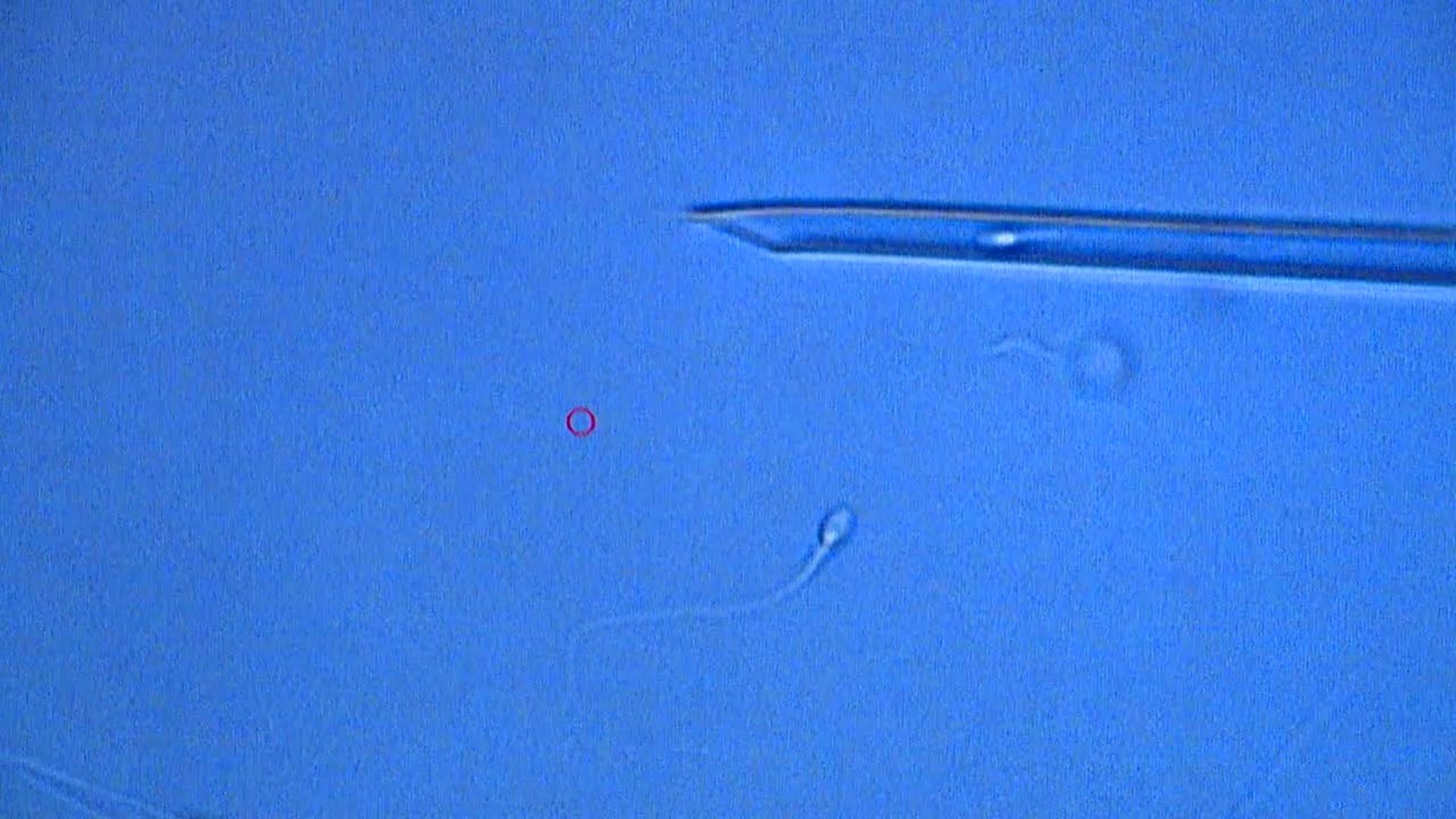YORK, Pa. — Many people are hesitant to get the Covid-19 vaccine, including people thinking of adding to their family.
New research suggests infertility risks might come from getting the virus -- but not the vaccine.
“Someone who’s deathly ill with an inflammatory process and has high fevers for day in and day out could certainly affect male infertility," said Dr. Christine Stabler, vice president of Academic Affairs and Medical Director of Women's Health at Lancaster General Health. "The reason being is that men make sperm all the time and so anything that interrupts for a period of time will interrupt sperm production during that time."
Stabler says women could be impacted too. If they get very sick from the virus, it could affect their ovulation cycle.
“Certainly, I can only theorize that if someone were deathly ill, that they’re cycling could be interfered with by a Covid-19 infection," said Stabler.
Dr. Stephanie Estes, An Endocrinologist with Penn State Health, says this is a normal response to sickness and any changes are not long-term.
“After you recover from that illness, again, whether it’s Covid-19 or the flu or severe cold or some other infection, then thinks go back to as they were prior to that. so, it’s not leaving a long term effect on fertility or miscarriage," said Estes.
However, both doctors agree there are more risks that come with getting Covid-19 compared to getting the vaccine.
“We really should take that fear and people should be much more afraid of getting infected, especially regarding child bearing, and pregnancy and fertility than they should of any vaccine because there is no documented clinical evidence of the vaccine interfering in any way shape or form in male or female infertility and childbearing," said Stabler.

